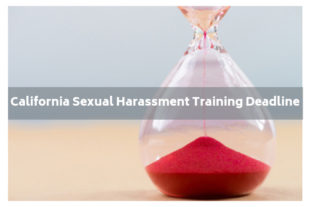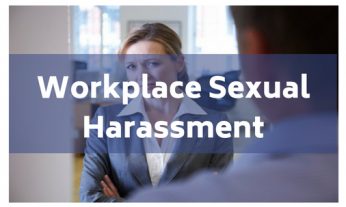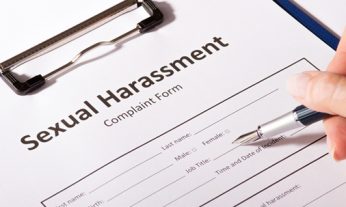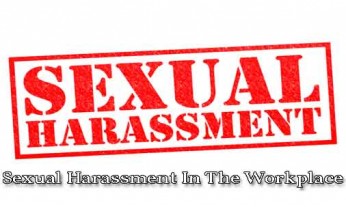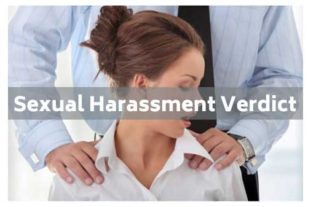 2019 was not a good year for Alki David, owner of Alki David Productions and FilmOn. The year wrapped up with David being plastered with a nearly $9 million workplace sexual harassment verdict. The jury punctuated their sexual harassment verdict with an award for damages totaling an additional $50 million.
2019 was not a good year for Alki David, owner of Alki David Productions and FilmOn. The year wrapped up with David being plastered with a nearly $9 million workplace sexual harassment verdict. The jury punctuated their sexual harassment verdict with an award for damages totaling an additional $50 million.
The Gist of the Case
Mahim Khan claimed she was subjected to David’s groping, moaning, dropping his pants, and other examples of sexual harassment. The jury found that the behaviors, which occurred repeatedly over an extended period of time, were perpetrated with malice. That led to the punitive damages, and a finding that David’s companies fostered a hostile work environment. David’s own attorney described him as “…loud, arrogant, and obnoxious.”
David’s History of Sexual Harassment Shows He Does Not Learn
Khan was not the first to take David to court for his improper behaviors in the workplace:
- Lauren Reeves was awarded over $5 million in damages following a sexual harassment case against him;
- Chastity Jones was awarded roughly $11 million in her case against David.
How to Respond if You Experience Sexual Harassment at Work
Sexual harassment occurs every day in this country and across the globe. As a sexual harassment victim, you have the law behind you in these situations. Your best bet is to hire a reputable sexual harassment attorney right away. There are a number of steps you can take to ensure justice prevails. For starters:
- Look at the guidance in your employee handbook, and follow any procedures outlined there;
- Make a formal complaint to the human resources department in writing;
- Keep detailed notes of what occurs, including who was present, what was said and done, and when and where incidents took place;
- Speak to a direct supervisor about the issue and ask for protection from the abuser during the investigation process;
- Seek support from friends, family, or co-workers if you feel comfortable doing so;
- Consider filing a complaint with the EEOC if you believe discrimination is a factor in the harassment.
If Reporting Sexual Harassment Results in Retaliation
In the event an employer chooses to retaliate against you for coming forward, you still have the law on your side. Retaliation may be in the form of job reassignments, exclusion from training or other opportunities, or outright degradation and shaming. These and other reactions to sexual harassment are not legal, and they are not to be tolerated. [Read more…]

